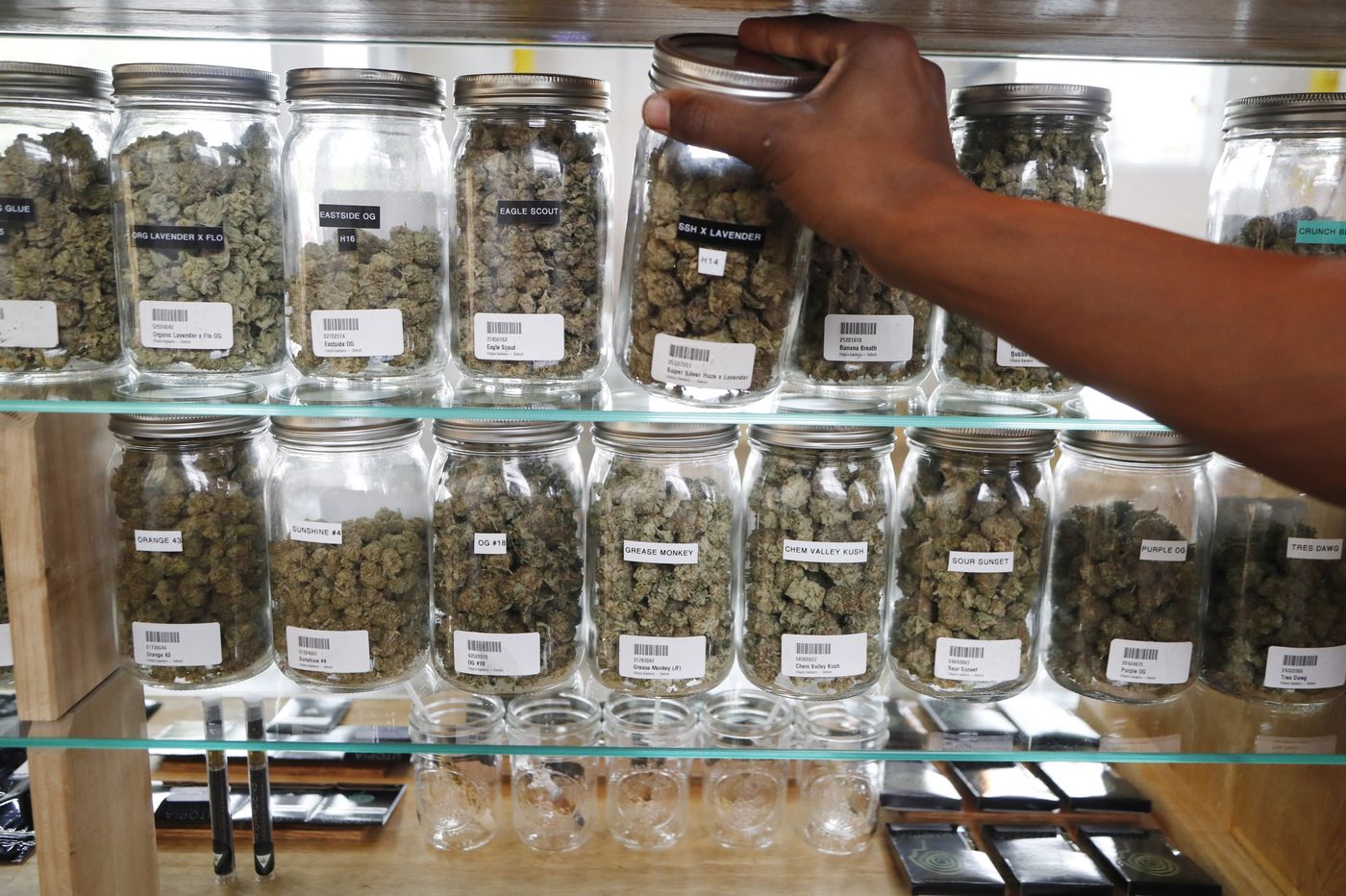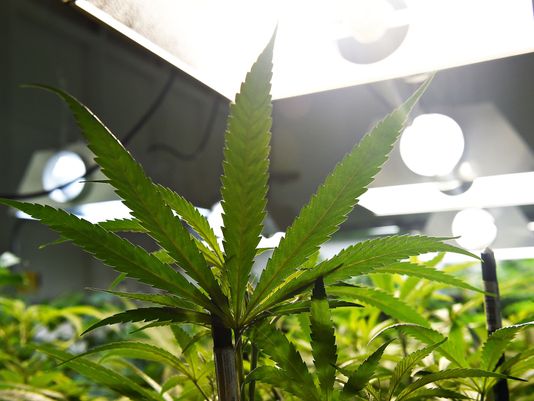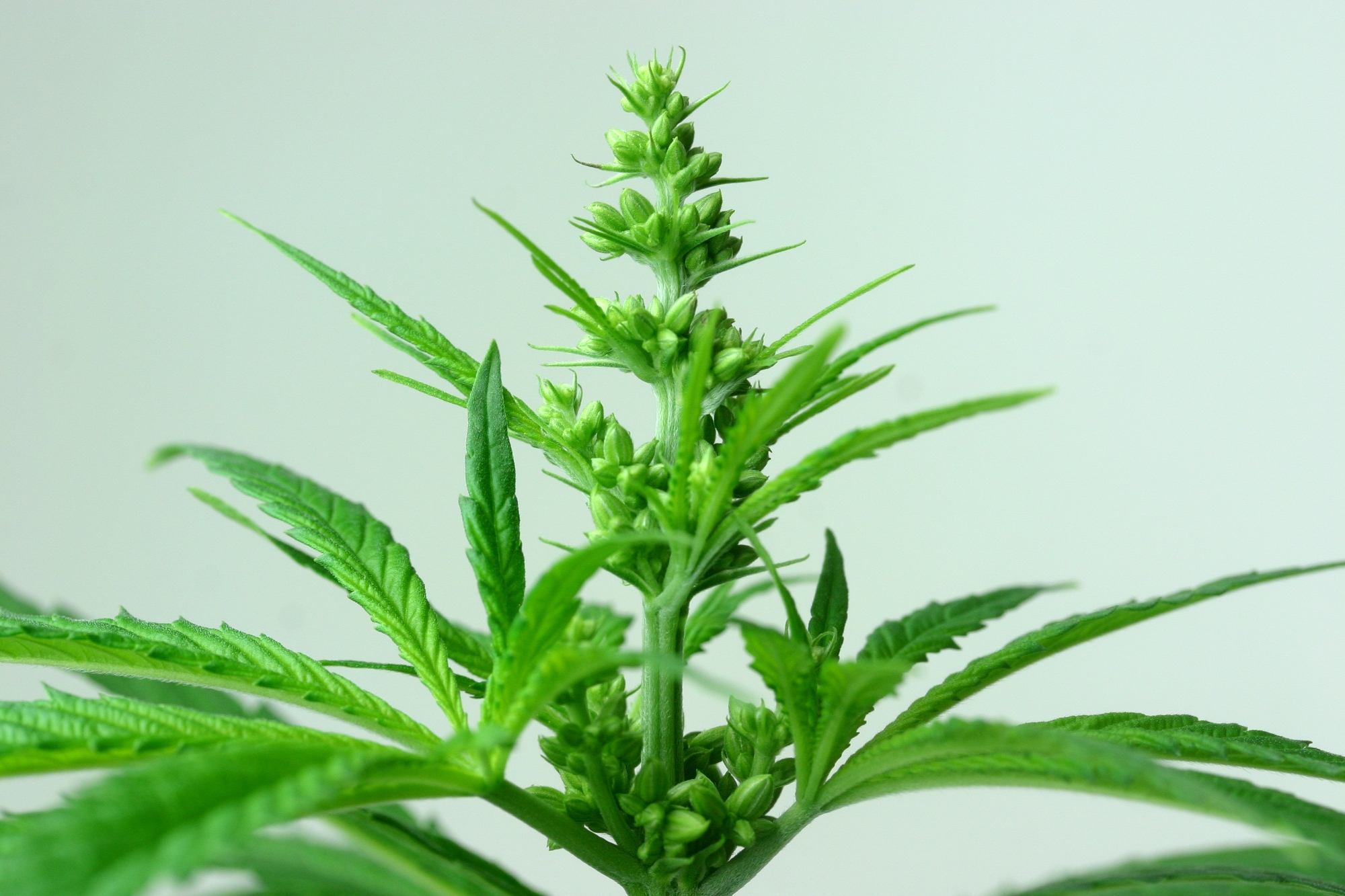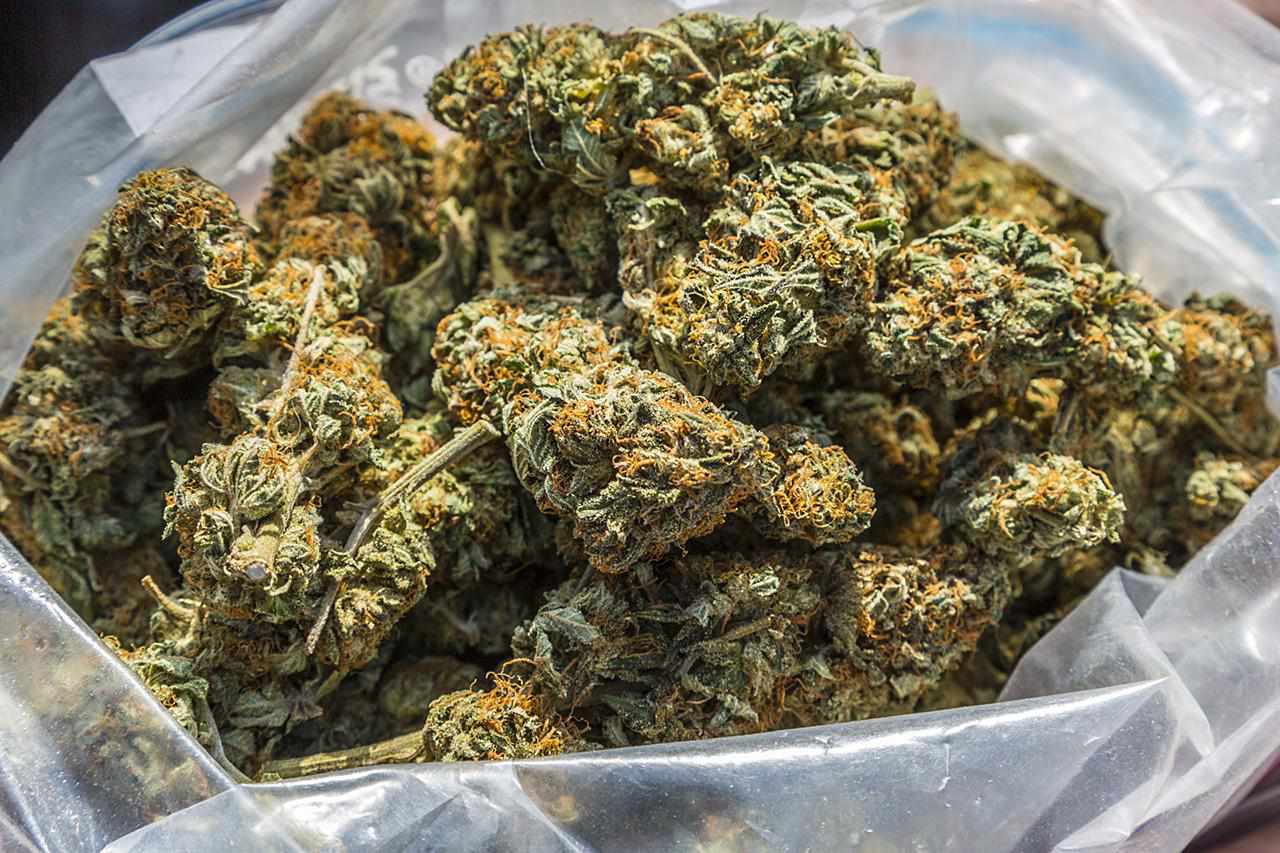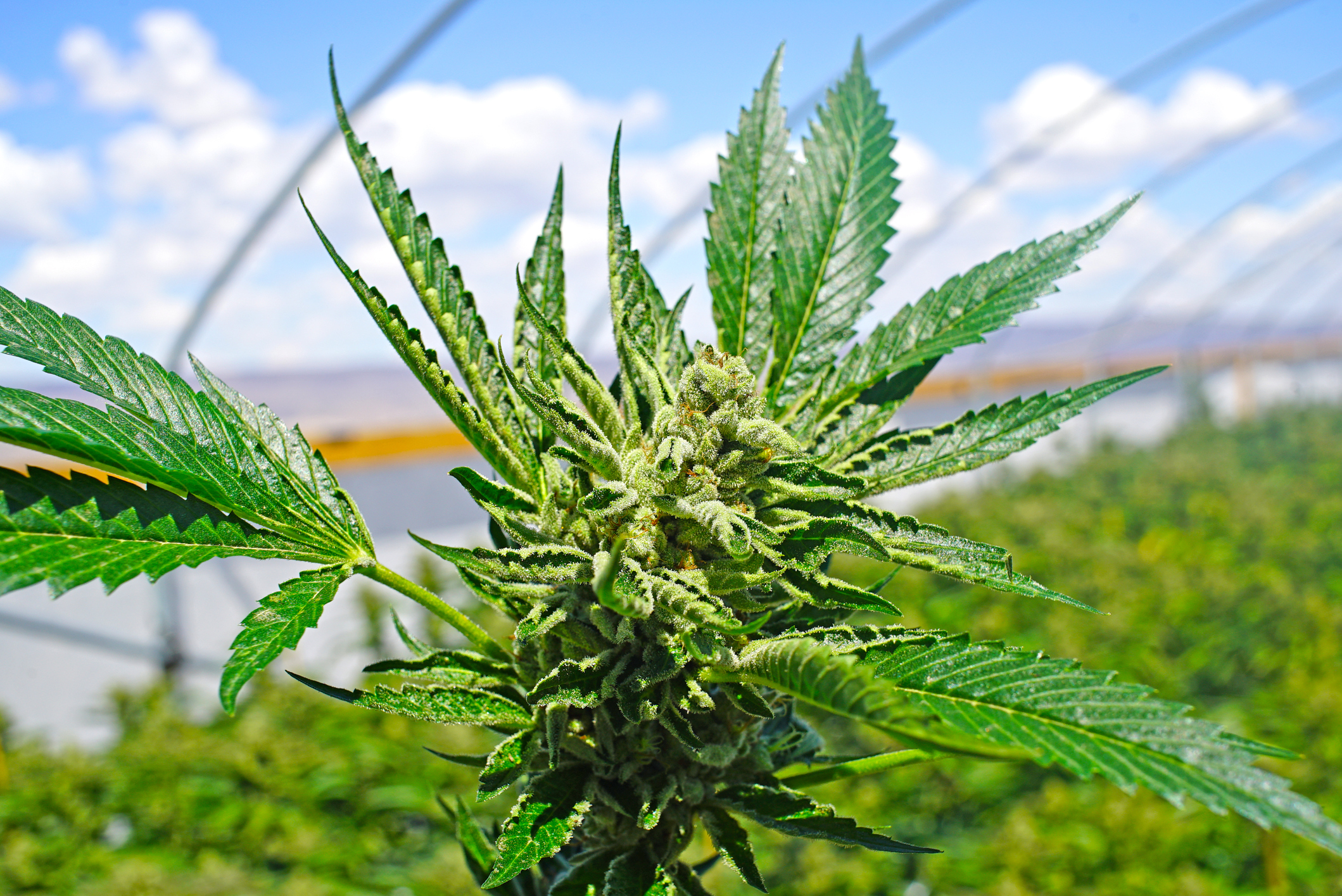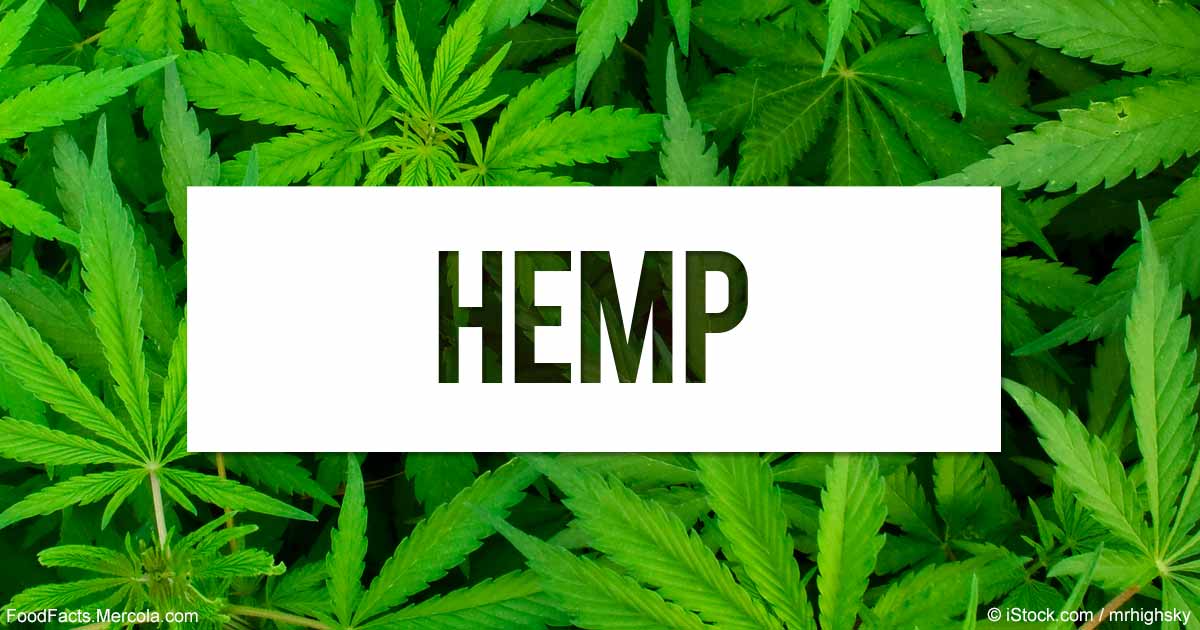Councilman David Grosso has re-introduced the Marijuana Legalization and Regulation Act. The bill will legalize marijuana use for adults over the age of 21 and will allow the city to tax and regulate a commercial market. Previous attempts to legalize the commercial cultivation and sale of marijuana in DC have been stymied by the United States Congress, who have budgetary oversight of the district. In 2014, DC residents voted overwhelmingly to legalize the possession and home cultivation of marijuana for adult use.
Grosso believes the city “has spoken when it comes to marijuana policy and it’s our obligation as the city’s elected leaders to carry out the will of the people.”
Even DC’s Department of Health favors the taxation and regulation of marijuana, as it is estimated to generate up to $130 million in sales by 2020. DC citizens’ rights have been trampled long enough. It is time to follow the will of the people and establish a commercial marijuana market.
Enter your information below to urge your elected officials to vote for the Marijuana Legalization and Regulation Act of 2017.
Find out more about DC NORML on their website and follow them on Facebook.

